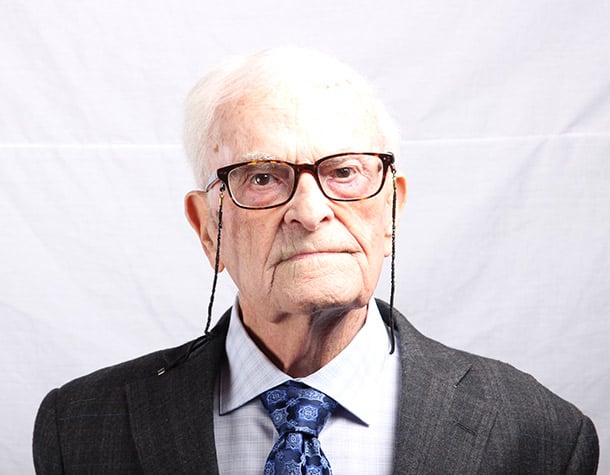On the morning the referendum results were announced to Britain, after weeks of inclement weather, the sun shone down upon a nation that had decided to leave the European Union and walk alone into the darkness of a self-created economic and political crisis.
In the hours and days that have followed Brexit, a storm of financial panic, resentment at the powers that be, and xenophobia have begun to paralyze both the government and British society. A prime minister has been felled, Scotland is on the verge of separation and Northern Ireland has gestured to be reunited with the republic to the south of them.
In less than a week a political vacuum has been created by the outcome of this referendum. It stretches out like a winter's night sky from the seat of government to those who are supposed to hold it to account, which in Britain is their loyal opposition: the Labour Party.
Sadly, the political party that created Britain's welfare state and did more to end systemic poverty that had blighted Britain for a millennia succumbed to a hysteria induced by Brexit. It collapsed into a bitter civil war that now pits ordinary members, their leader Jeremy Corbyn, and the party's established mandarins, the MPs, against each other in a fight that will be to the political death.
Britain is a nation in severe crisis. Even its financial institutions are reeling from Brexit, as panic has devoured billions of dollars on international markets across the world. Investors fear not only Britain's demise but also the end of a stable and peaceful European continent.
Great danger
Britain's existence has not been in this much danger since it went to war with Hitler and fascism in September 1939. But there is a marked difference from how Britain faced those threats from long ago to the ones they face today, which were created from a self-inflected catastrophe foisted upon Britain by a cynical government intent on quelling a small but vocal euro-skeptic faction in its party.
In 1939 it was much different, because back then the populace was united by an ideal that freedom is not negotiable. Even I who was just 17 at the start of the war realized that my youth, like the dying days of summer, was near over, but the responsibilities of manhood beckoned. And even though I trembled at the thought of my own extinction, I did not falter in my duty because I knew I was not alone. I knew that all across the continent humanity was struggling to defeat Nazism and defend democracy.
In that war Britain and the ordinary citizens were united in purpose, because we had demanded that if our blood was to be spilled for Britain's survival, then it owed the survivors of that most terrible war a peace that provided real jobs, real wages, real homes, health care, free education and a chance for us to enjoy the fruits of our labour.
However, that notion of a nation's collective responsibility for each of its citizens, that belief that we are our brother's keeper, died somewhere at the end of the 1970s and beginning of the 1980s. It happened when politicians like Ronald Reagan, Margaret Thatcher and Brian Mulroney began to convince their electorate that the problem with the state was that it was too big, and that the free market was a better way to fashion society.
Don't let division win
It did not. Instead it created a corruption that was as malevolent as cancer, because it infected the political class and fuelled scandals like the Panama Papers. In fact, tax avoidance by the one per cent and smaller social services for the 99 per cent created austerity in Britain that was hijacked by right-wing parties like UKIP and the conservatives who foisted all of society's ills not on those responsible but those most vulnerable: the poor and new immigrants who were visible in their adopted communities by their ethnic differences.
Thus the years of hardship that many ordinary British people were forced to endure along with continuous anti-immigrant propaganda parroted by right-wing tabloids divided the nation's population between the emotions of hope and fear. But on June 23, fear was triumphant, and Brexit is now the waking reality that Britain and the world face. It terrifies me, what will become of my native land, because I remember that no matter how scared we were during the war against fascism we took comfort that Britain was united, not divided.
Today the country has dissolved into tribes and cliques, and without unity the centre cannot hold. If Britain in the next month does not seize some of my generation's gumption, selflessness and spirit of purpose, it will cease to exist. And for all its flaws it truly is a great nation, and I shall grieve without end for its passing. ![]()
Read more: Politics















Tyee Commenting Guidelines
Comments that violate guidelines risk being deleted, and violations may result in a temporary or permanent user ban. Maintain the spirit of good conversation to stay in the discussion.
*Please note The Tyee is not a forum for spreading misinformation about COVID-19, denying its existence or minimizing its risk to public health.
Do:
Do not: